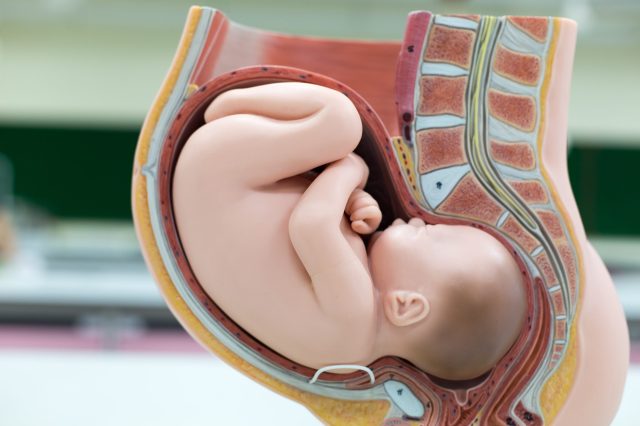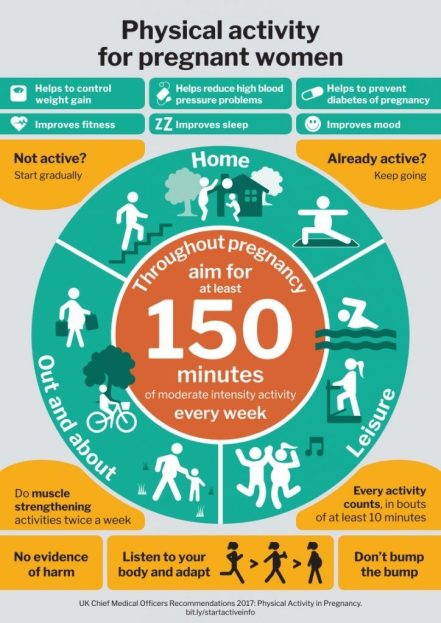Overview
Pelvic health physiotherapy is a specialist area of physiotherapy that focuses on problems occurring around the abdomen and pelvis. We focus on restoring strength, function and movement within the pelvic area. We are specialist physiotherapists and we have undergone further training into this area of the body.
We treat women over the age of 18 with:
- Stress incontinence – urinary leaking with certain activities.
- Overactive bladder – having a sudden desire to go to the toilet immediately with possible leaking of urine before reaching the toilet. There may be a need to visit the toilet more frequently than normal.
- Mixed urinary incontinence – a combination of stress incontinence and overactive bladder.
- Small to moderate prolapse of the front and/or back vaginal wall(s) – weakening of the support structures that support the vagina, resulting in bulging of the pelvic organs into the vagina.
- Pain related pelvic floor dysfunction e.g. vaginismus and vulvodynia.
- Post natal pelvic girdle pain, perineal trauma and diastasis rectus abdominus.
- Faecal incontinence – leakage of faeces and wind.
- Obstructive defecation – difficult emptying the bowel, which may or may not be associated with constipation.
- Pelvic girdle pain-pain around the pelvis, hips and lower back in pregnancy.
Click the below buttons to explore our pelvic health resources and information
Physiotherapy and Women's Health Self-referral
If you are an adult registered with a Mid Essex GP practice, you can now self-refer to physiotherapy for any musculoskeletal, or Women’s Health related issues subject to the local NHS service criteria.
The pelvic floor and Pelvic floor exercises

Pelvic girdle pain:
About 1 in 5 women will experience back pain or pelvic girdle pain in their pregnancy.
The severity of this can vary from one person to the next.
The pain may not go away until you have given birth but most often the pain can be managed with adaptations, exercise and support from family and friends.
The WHO recommends that women remain active in pregnancy.

Useful Links
- Pelvic and back pain in pregnancy booklet – Provides information, advice and management strategies for pelvic and lower pain during pregnancy.
- Pelvic Obstetric & Gynaecological Physiotherapy website – Information and advice on pelvic girdle

